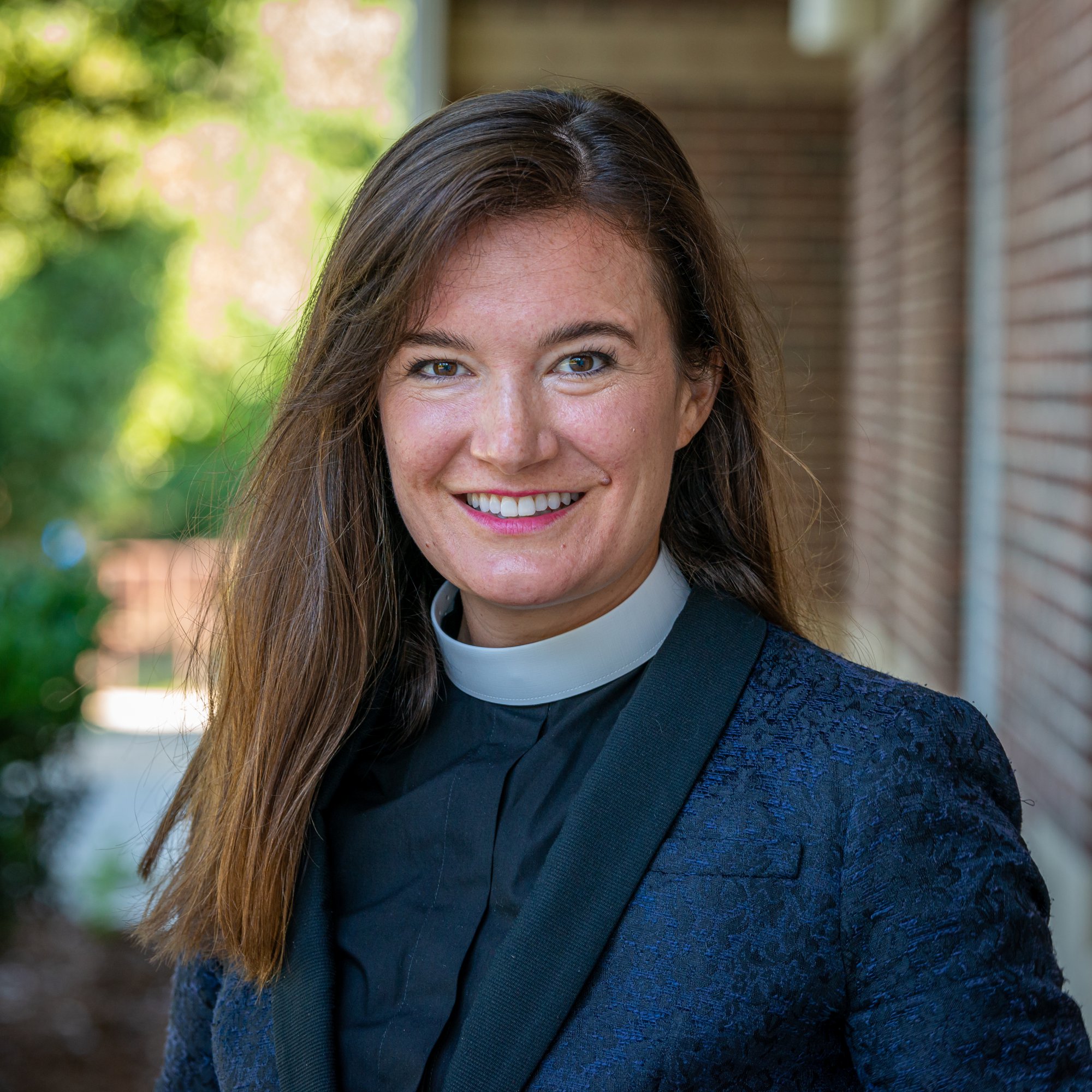In her new book Prayer in the Night, author Tish Harrison Warren describes her experience of lying under the fluorescent lights of a hospital operating room, hemorrhaging from a miscarriage. Wanting desperately to pray but not having the words, she found what she needed in the Book of Common Prayer’s order of Compline. Warren writes “I needed more than healing. I needed this moment of crisis to find its place in something greater: the prayers of the Church, yes, but more, in the vast mystery of God, the surety of God’s power, the reassurance of God’s goodness.”
In my own experience, the fog of life’s circumstances can cloud seeing the reality of God’s goodness and mercy toward us. These are times when individual prayer or self-expression before God is most difficult to generate. Thankfully, God doesn’t ask us to go through life spontaneously authoring original words. We can take comfort in the fact that our own feelings and circumstances at the moment are just a part of a much bigger reality.
Our tradition offers us prayers that have been said through the ages by people in all phases of joy, grief, pain and doubt. Take the Psalms, for example. These ancient poems are direct and plain speech to God that have been prayed by people through the ages, in their very best and very worst moments of their lives. The Psalms are a reminder that we’re bound to a reality that’s animated by collective prayers.
When God’s goodness doesn’t feel like a reality, practices of ancient prayer make spaces for that feeling while moving us past it, into mercy. God’s mercy toward us isn’t a function of our feelings about God. The prayers of our tradition extend a hand, yoking us to God and to one another.
-Mo. Alice

